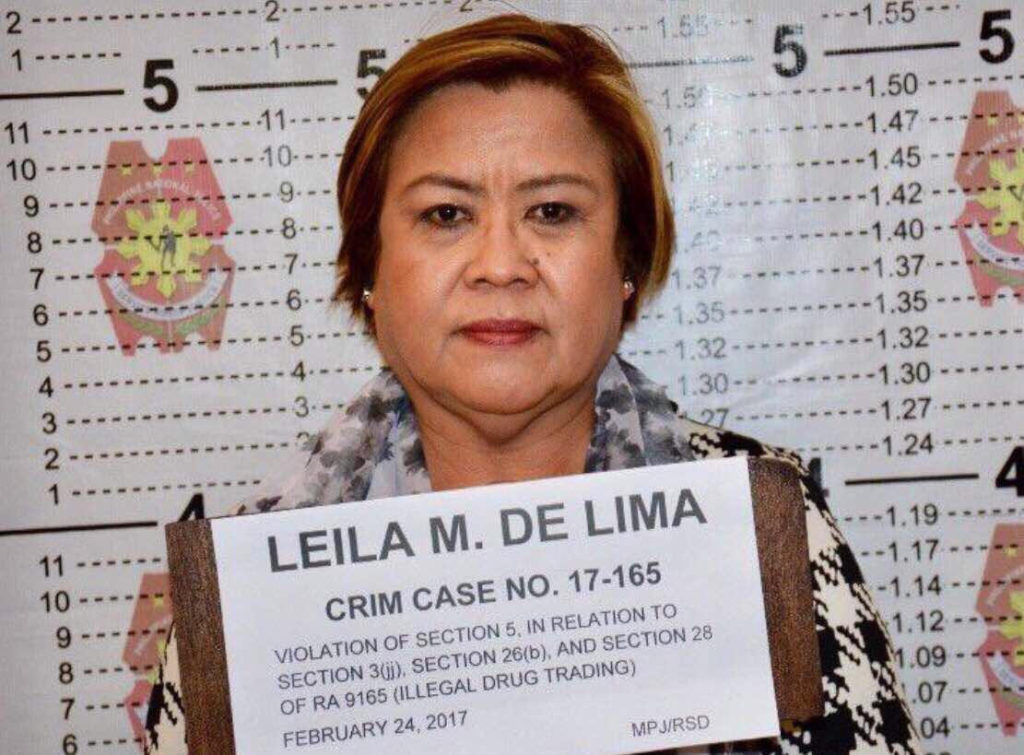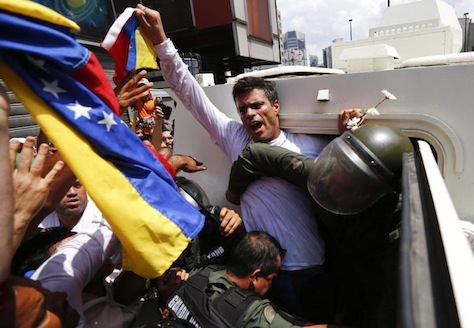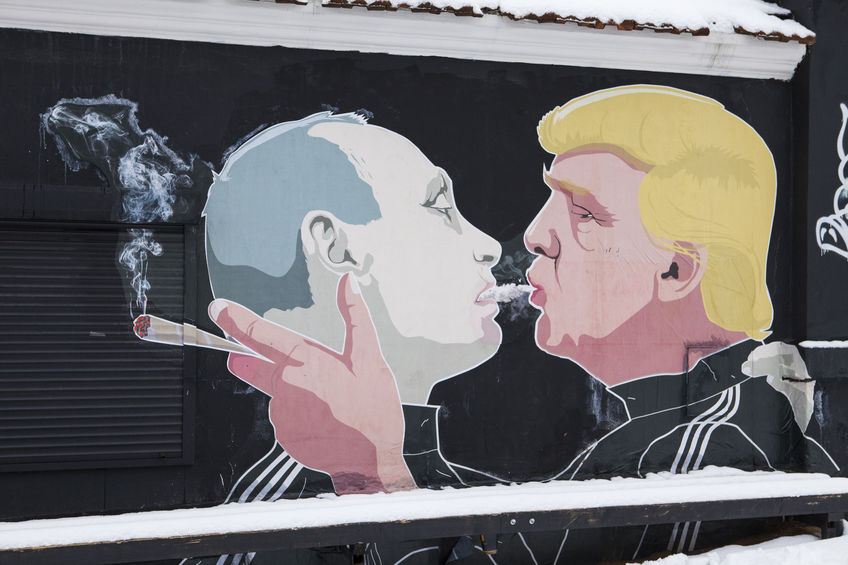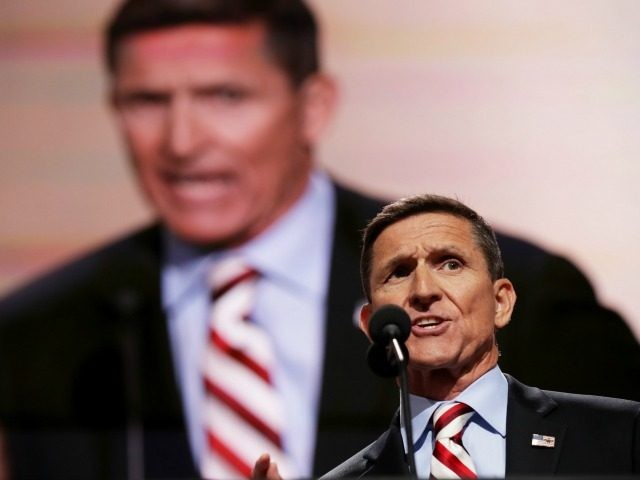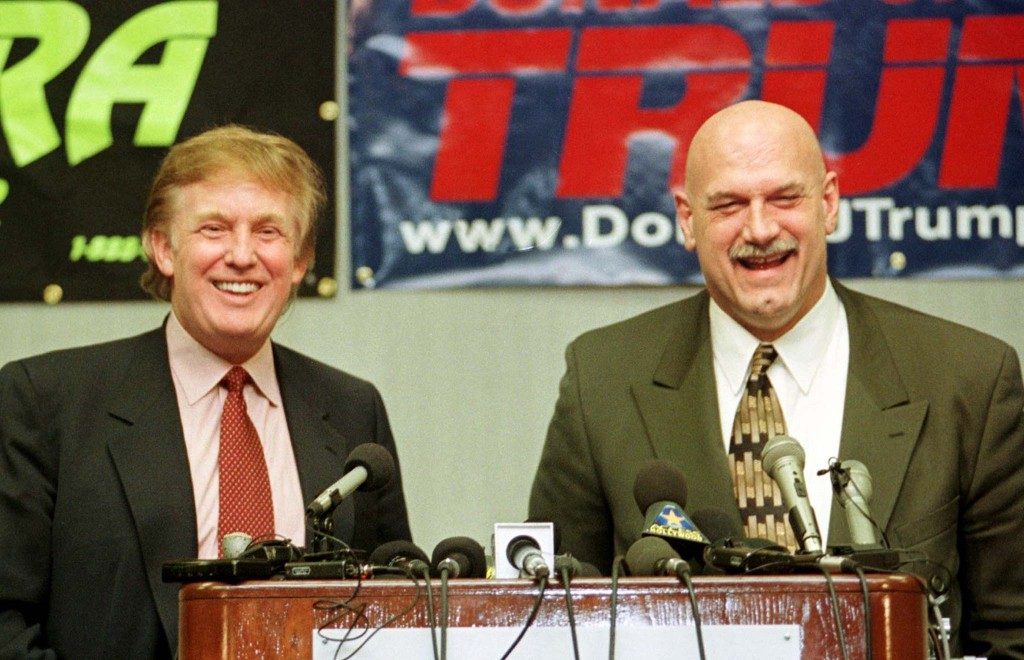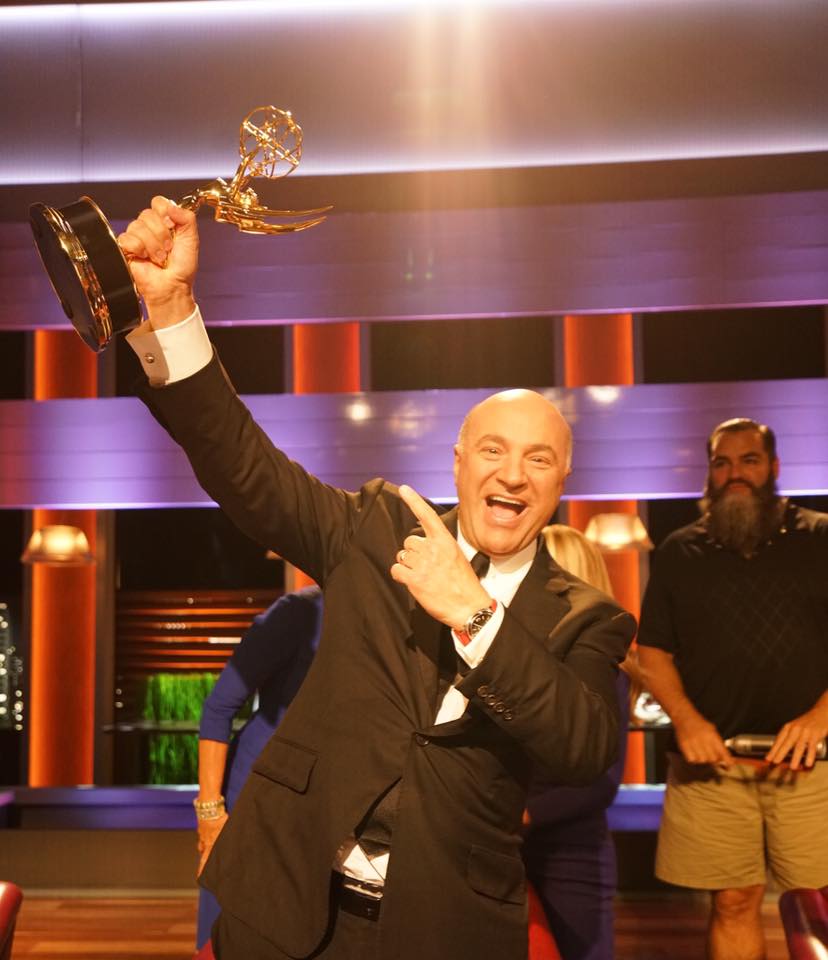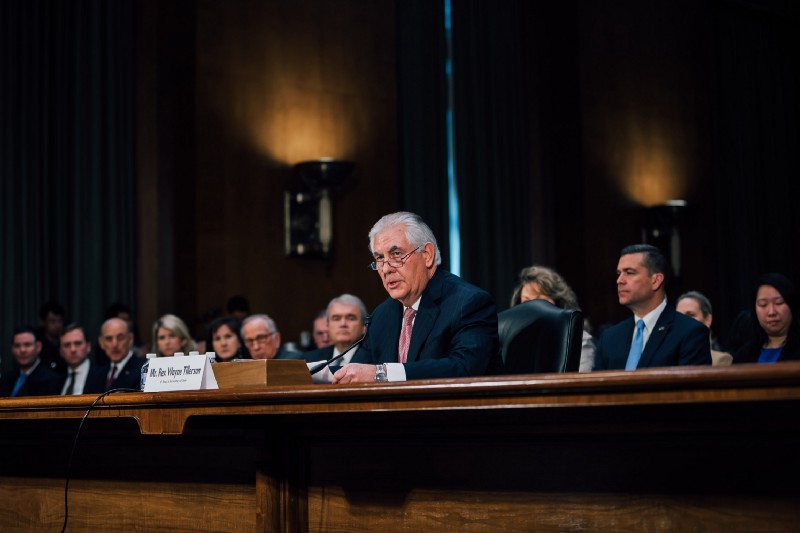
The first thing you notice about Jesse Klaver is just how much he looks like Canada’s prime minister, Justin Trudeau.![]()
The second thing you notice is that he’s so young — at 30 years old, he’s a full decade and a half younger than Trudeau and between 12 and 24 years younger than the other major Dutch party leaders.
But the more important point about Klaver, who has also been likened to John F. Kennedy, is that he’s making his leftist GroenLinks (Green-Left) a genuine player in Dutch politics for the first time since it came into existence in 1989. If polls are correct, GroenLinks will surge from just four seats to as many as 20 seats after the Dutch electorate votes in two weeks.
Klaver is the freshest face among the half-dozen or so party leaders who will be forced to work together after the March 15 election to forge a new government. Unlike in past elections, GroenLinks could be a key player in what will likely be a four- or five-party coalition that forms the next Dutch government. It’s very unlikely that Klaver would agree to bring his party into any coalition headed by current prime minister Mark Rutte. Nevertheless, Klaver’s party, which is as firmly pro-European as Rutte and likely the next Rutte-led government, could offer in opposition an alternative anti-austerity voice than the populist Geert Wilders.
Klaver’s party is locked in a tight contest among potentially five different parties for third place, behind Rutte’s center-right liberal Volkspartij voor Vrijheid en Democratie (VVD, People’s Party for Freedom and Democracy) and Wilders’s the anti-Islam, anti-immigrant and eurosceptic Partij voor de Vrijheid (PVV, Party for Freedom).
Wilders has dominated news coverage of the campaign both in The Netherlands and abroad, with his party surging to a formidable polling lead two years ago. Wilders, who pledges to ‘Make The Netherlands Great Again,’ promises a Trump-style rupture to halt the flow of refugees into The Netherlands and the flow of sovereignty from Amsterdam to Brussels. Wilders, like Trump and other far-right nationalists across Europe, is giving voice to a growing cadre of displaced and dispirited working-class voters who might have voted for left-wing parties a decade or two ago.
Though many polls forecast that the PVV will win the largest number of seats in the 150-member Tweede Kamer (House of Representatives), recent surveys show that the VVD’s support is plateauing or even, within the last week, falling. Even if Wilders and the populists do win the largest bloc of seats in the House, none of the other major Dutch parties are willing to entertain joining a Wilders-led coalition.
All of which means that the threat of an illiberal and xenophobic Dutch government, in 2017 at least, are far-fetched.
Indeed, if the election were held today, it would be Klaver’s GroenLinks (and not Wilders’s PVV) that could make the largest net gains in the election, contrary to conventional wisdom. Continue reading Meet Jesse Klaver, the 30-year-old Dutch leader of the surging Green-Left Party
